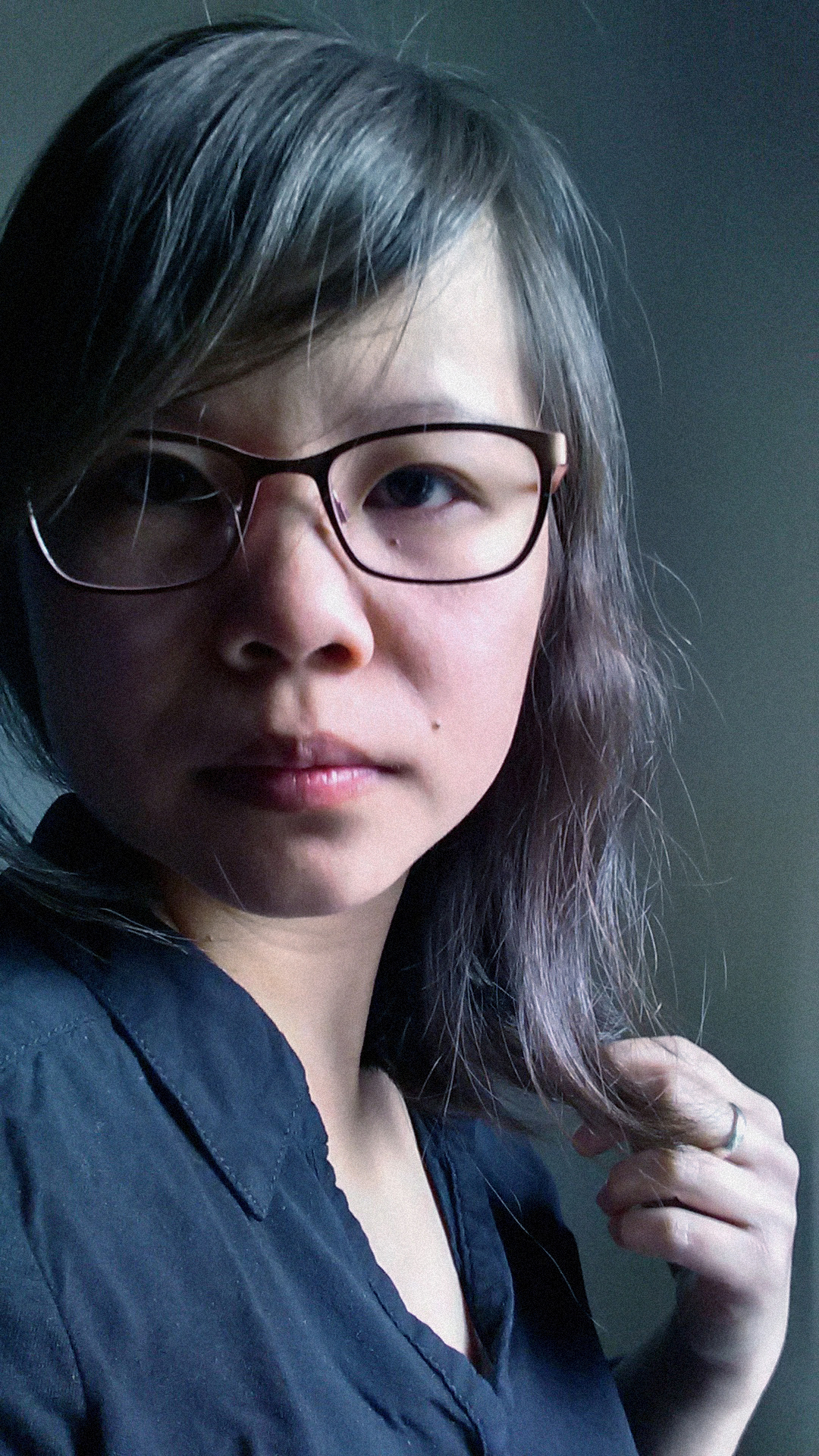ISSN: 1941-4137
POETRY THAT ENACTS THE ARTISTIC AND CREATIVE PURITY OF GLASS
POETRY THAT ENACTS THE ARTISTIC AND CREATIVE PURITY OF GLASS

Khaty Xiong is a 2016 recipient of an Ohio Arts Council Individual Excellence Award. She is the author of the debut collection Poor Anima (Apogee Press, 2015), which is the first full-length collection of poetry published by a Hmong American woman in the United States. Xiong's work has been featured in The New York Times, Verse Daily, and Poetry Society of America. More of her work can be found at khatyxiong.com. Born and raised in the Central Valley of California, she currently resides in Gahanna, OH.
June 1, 2016
After We Hid Your Body I Climbed into Rain
few words find me on this haughty afternoon
your body too much to see & listen to
for instance the cardinal that lives nearby
I know his songs well — they repeat like the heart
each note bringing on the next day & the next like so
why does he call out? (do you hear it?)
am I the only receiver?
wet grass to spell out worms & migrant darkness
later the robins will come & so will the starlings
(everyone hungry)
each drop lighter than the last
thunder no longer
the young pine trees twitch
the biggest tree now still
the wind comes & I see you sailing (all parts of you)
whorls of cells sick & unbelonging
who else to welcome you besides the lonely cardinal?
your plain fists?
even now as he sings I flicker & shut one eye
your smell wet with dew
fragrant & impending
My brother, Kue, had Stage 4 Adenoid Cystic Carcinoma (ACC); he lost his fight on June 4, 2014. I was living in Ohio at the time of his passing (he was in California). Just a few weeks prior to his death, there had been thunderstorms in Ohio, and despite the heavy storms, this cardinal that lived outside my apartment sang its heart out every evening. I remember thinking it was my brother's spirit who was fighting really hard. The day after he died, the singing had stopped; it was devastating. These days, when I hear cardinals, it's really bittersweet — all of it, fleeting. This poem is a response to that time. The significance of the title comes from the Hmong culture where we don't say, "bury the body" as it is taboo; we use the expression, "hide the body" as a way to protect and disguise the deceased from bad spirits. As a child, this notion always intrigued me, and it was particularly heartbreaking when my family had to "hide" my brother.
Glass: A Journal of Poetry is published weekly by Glass Poetry Press.
All contents © the author.
All contents © the author.





